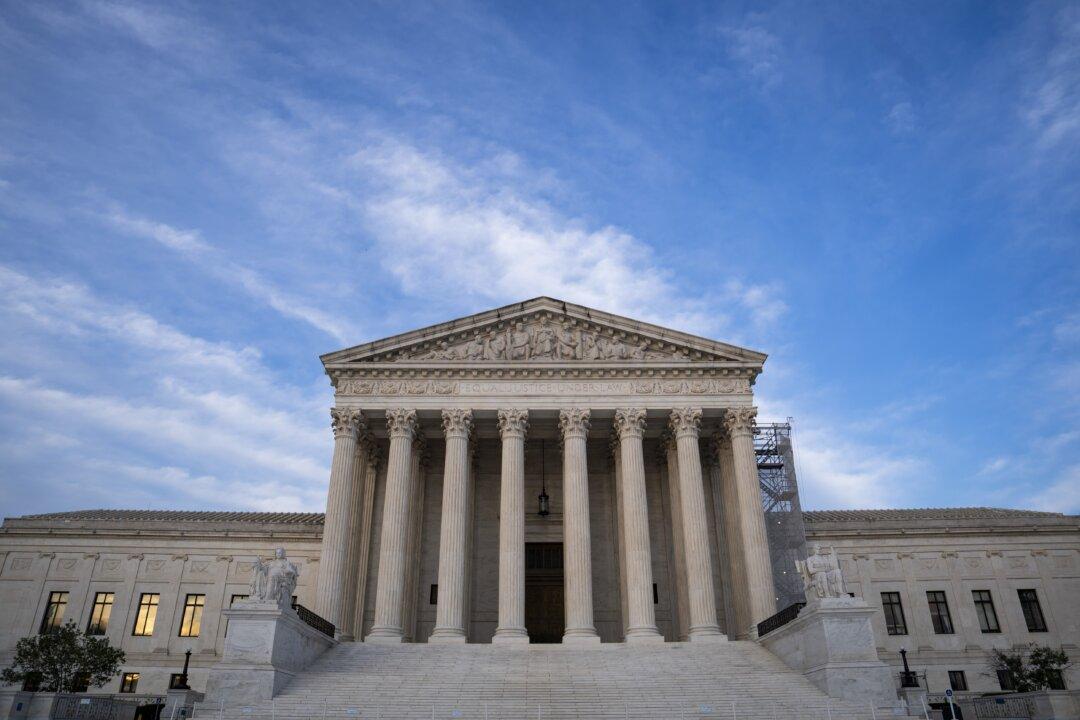Commentary
Late-term abortions are a touchy subject, even among many of the pro-choice point of view. Even the majority in Roe v. Wade recognized that there’s a big difference, scientifically and morally, between ending a new life a couple of weeks after conception and depriving an otherwise viable infant of his or her first breath. The fact that the bright line blurred in so many states over the years is just another regretful chapter in the horror story that Supreme Court Justice Harry Blackmun et al. began 50 years ago.





